CFI at Home Funding 2024
/The Community Food Initiative (CFI) is a programme that aims to positively influence the eating habits of families with children across the Island of Ireland. The programme runs over a three year cycle (2022-24) and its purpose is to support the development of knowledge and skills around food and cooking. The programme is funded by safefood, an All-island government body responsible for the promotion of food safety and healthy eating. The programme is managed by SECAD Partnership on behalf of safefood.
CFI at Home
safefood is inviting organisations who are not currently involved in the CFI to apply for funding to deliver an online project that meets the criteria of the CFI at Home Programme. The purpose of the CFI at Home Programme is to support families in their own homes to develop their food and cooking skills. Projects could include all or some of the following elements:
· Learning how to prepare & cook a recipe
· Attending an online cookery session
· Online support groups for sharing ideas and tips
· Online interactive talks delivered by a dietitian or registered nutritionist
Examples of online projects that were delivered during 2020 and 2021 can be found at this link: CFI Booklet 2019-21
safefood Resources
The resources needed to plan and deliver a CFI at Home project can be found on the safefood website at www.safefood.net/cfi-hub and include:
• Recipe books and videos
• Food Pyramid and EatWell Guide posters and leaflets
• Kitchen skills and food safety videos
• Booklets and posters on healthy eating and food safety
Funding
Interested organisations can apply for funding up to a maximum of €2,000 or £1,720 to deliver a project in their local area.
Applicant Organisation Criteria
Organisations must:
• Be community-led organisations with a legal status and appropriate governance structure
• Be experienced in the management of public funds which support social inclusion initiatives
• Currently employ and manage full time professionals with community development experience
• Have experience of working with the target group identified
• Be supporting other broader community initiatives through their work
• Provide supports across communities irrespective of age, race or creed
Preparing an Application
Please contact SECAD Partnership for details on how to apply for the funding at:
Sinéad Conroy
SECAD Partnership CLG
T: 00 353 (0)87 354 3606
Closing date for application
Applications will be reviewed on a rolling basis but as all activities must be finished by 1st November 2024, it is important that applications are submitted as soon as possible.







